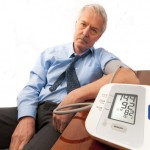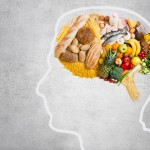
Chances are you’ve heard of the internet. Unless you’re reading this after it’s been transcribed onto some parchment and brought to you by a psychologically-interested crow in which case you’ve got some further research to do. In terms of eating disorders, most people may associate the internet with those ghastly pro-anorexia sites which for reasons [read the full story…]













